Using developmental strategies and methodologies
Transitional Kindergarten through Eighth Grade
Our veteran educators deliver a rigorous, Biblically-based curriculum to grow our students' Christian worldview. We foster each student's God-given strengths and gifts to become his or her personal best, spiritually and academically.
Kindergarten
Kindergarten is based on playing, singing, practical activities such as drawing, and social interaction as part of the transition from home to school.
Further development in literacy focuses on listening, speaking, reading and writing at an academic level preparing students for reading and writing high frequency words, transitioning to phrases and sentences and number sense, algebraic thinking, geometry, data and measurement in the general area of mathematics.
Students will establish a firm foundation in reading comprehension and develop a lifelong love of books.
Age requirements are that the student reach the age of 5 years old on or before August 15.
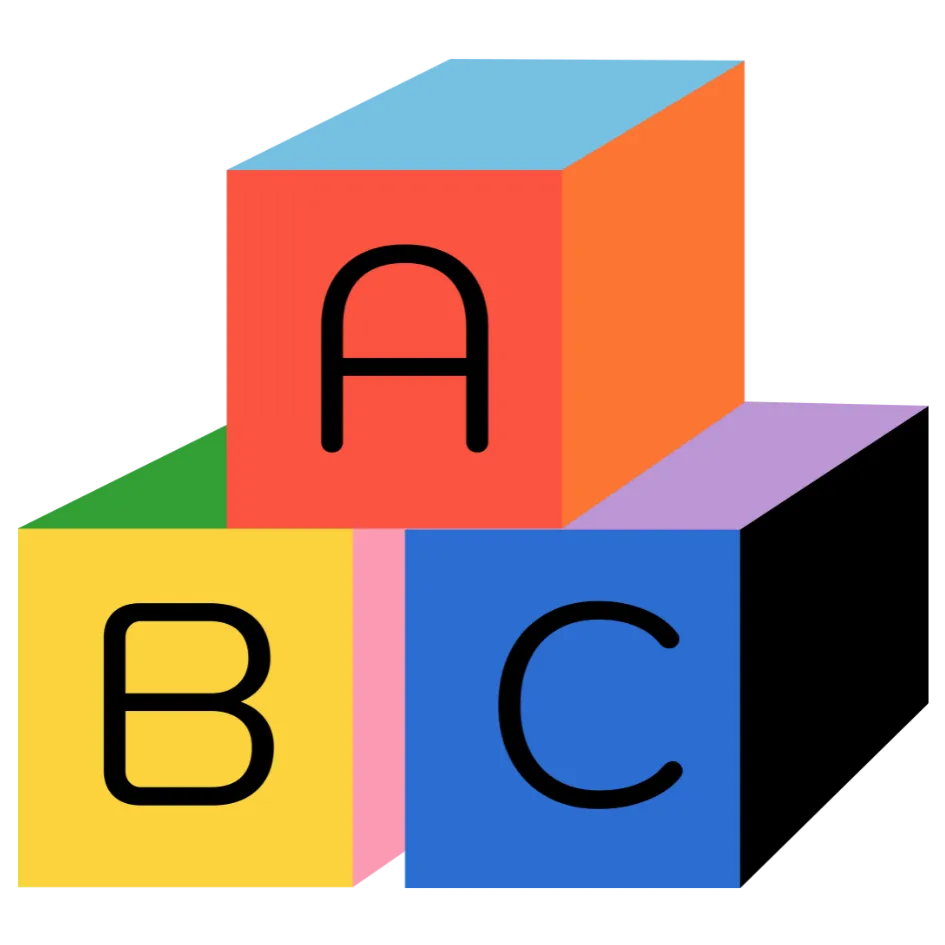
1st Grade
1st Grade students acquire foundational literacy skills, applying them across subjects like math, science, and social studies. They build upon kindergarten skills in English language arts, encompassing listening, speaking, reading, and writing to foster literacy.
1st Grade students enhance numeracy by writing counting numbers to 120, understanding up to 1,000, mastering addition and subtraction (up to 18), and exploring shapes, time, money, and graphing.
Students are introduced to social studies by exploring American symbols, holidays, patriotic songs, and global countries. They also master cardinal directions, continents, and oceans.
In Grade One science, students explore the care of their bodies, emphasizing grooming, healthy eating, exercise, and forming good habits. They also delve into seasons, plants, animals, and insects.

Students learn the importance of community helpers and how to view the world and society through a Christian world-view.
2nd Grade
2nd Grade students enhance literacy by expanding on the domains of language arts: listening, speaking, reading, and writing. Through activities like poetry and singing, they learn blends and digraphs, reinforcing their understanding through spelling, identifying vowels, diphthongs, digraphs, and simple suffixes.
Students enhance writing by mastering basic grammar, including proper nouns and commas, and incorporating adjectives. They also tackle irregular verb tenses, answering comprehension questions about longer stories' settings, characters, and structure.
In math, 2nd Grade students grasp counting numbers up to 10,000, explore doubles for addition and subtraction, and initiate multiplication via repeated addition and skip counting. They also extend first-grade knowledge of money, time, measurement, data, and geometry, delving into symmetry, plane figures, and key mathematical terms like "vertex," "edge," and "face."
In history and geography, students explore Native Americans, Pilgrims, and Colonists, delving into detailed studies of continents, countries, and oceans.
In 2nd Grade science, students explore human body structures (eye, skeletal, and muscle systems), the plant world, animal habitats, the surrounding air, and the scientific method.
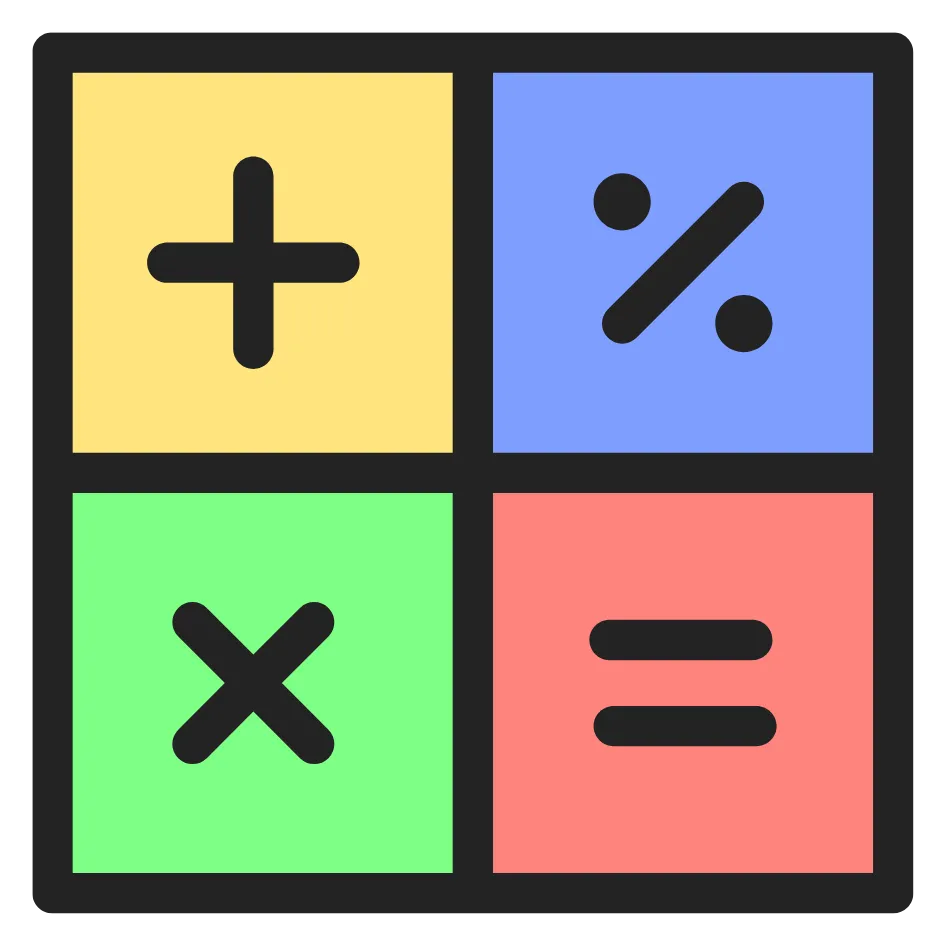
Health study will continue with safe practices, manners, and safety in the home.
3rd Grade
Students transition from learning to read to reading to learn, focusing on comprehension and literacy skills. They delve into interpreting the author's meaning, analyzing characters, settings, and plots, while also refining grammar and written composition, including summarizing, comparing, contrasting, and expressing ideas in book reports.
In mathematics, students handle counting numbers up to 1,000,000, reinforce symbol comprehension (<, >, =), solve problems using order of operations, and master multiplication and division facts. Decimal introduction is facilitated through money.
Students work with time, telling analog time and calculating elapsed time. They also master fractions and mixed numbers, expressing them in their simplest form.
In history, students explore America's westward expansion and modernization. In geography, they study oceans, states, major rivers, mountain ranges, and famous landmarks.
Science units will align with the days of creation: day one covers the universe and energy, while days five and six focus on the animal kingdom.
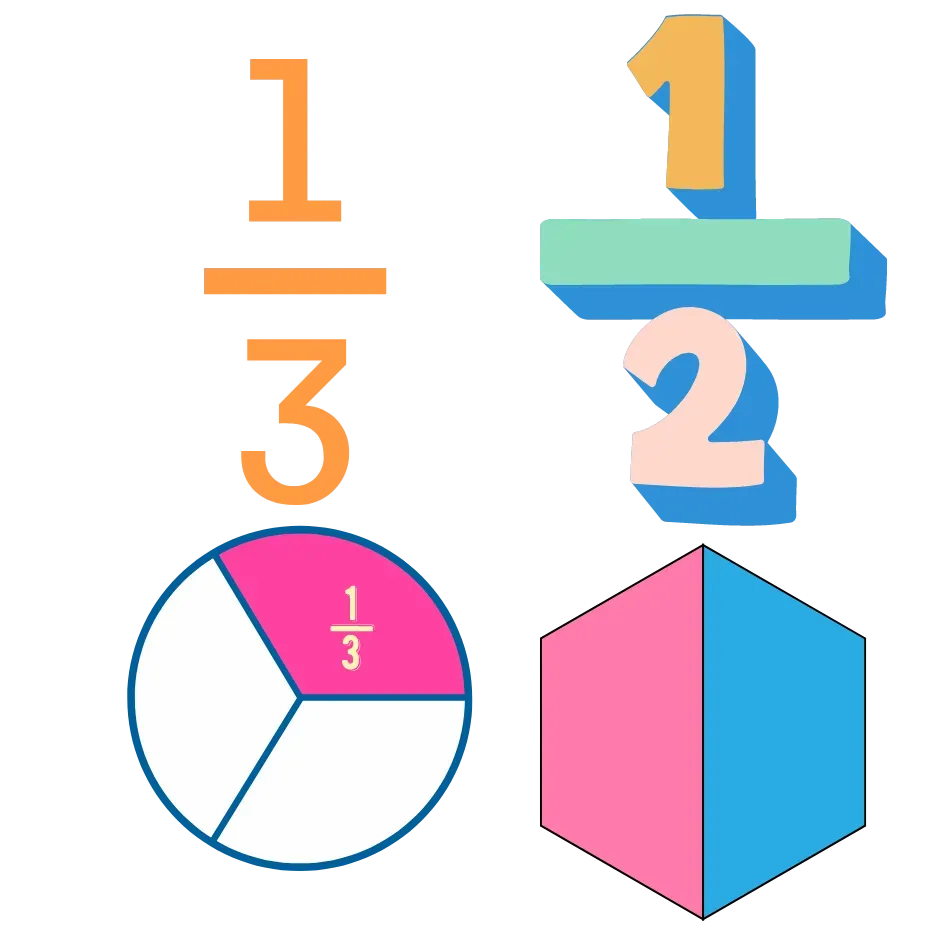
4th Grade
Students refine core subject skills, developing and applying literary concepts including title, author, character, plot, setting, moral, main idea, stanza, summary, symbolism, climax, autobiography, biography, fiction, non-fiction, act, scene, and simile.
In mathematics, students master mental math (addition, subtraction, multiplication, and division) and advance with fractions, decimals, and solving 1-3 step word problems. They also expand their knowledge in time, money, measurement, plane geometry, and basic pre-algebraic thinking (finding missing numbers in problems).
In history and geography, students delve into early US history, covering colonies, the Revolutionary War, and national documents, alongside basic California history. In science, they explore plants, insects, birds, matter, water, air, weather, energy, geology, astronomy, and oceanography.

They analyze narrative, informative, sequential, descriptive, problem/solution, compare/contrast, and cause/effect texts, determining first and third person points of view. Writing continues with narrative, descriptive, compare/contrast, problem/solution, cause/effect informative selections, emphasizing themes in literature and creative writing techniques. In health, they learn about physical fitness, personal hygiene, relationships, and skin care.
5th Grade
5th Grade students explore Christian literature, including fiction, non-fiction, plays, poems, and Biblical scriptures. They enhance comprehension and reading fluency, write formal book reports, and master advanced grammar, including sentence diagramming. The writing process is emphasized, covering editing techniques, dialogue, thank-you notes, note-taking, and outlining, preparing students for higher education.
In math, students master counting numbers up to billions, perform all arithmetic operations with large counting numbers, multiply fractions, work with Roman numerals, and convert between fractions and decimals. They engage in problem solving with scale drawings, triangle names, square roots, and introduction to ratios, percent, and proportion. Pre-algebra introduces negative numbers, exponents, bases, and radicals.
In history and geography, students explore various civilizations and regions, including the Fertile Crescent, Egypt, China, Greece, Rome, and more. In science, fifth graders delve into topics like animals, energy, oceanography, astronomy, vertebrates, weather, the circulatory system, digestive system, nutrients, and interpersonal relationships.

Fifth grade students will learn about personal responsibility with a practical study of the Christian's spiritual armor.
6th Grade
The exploration of literature and art prepares students for future grades and a lifelong love of learning. Themes encompass brotherhood, friendship, generosity, honor, leadership, patience, prayer, justice, loyalty, citizenship, dedication, and responsibility.
6th Grade students read biographical and Christian fiction novels, incorporating them into book reports. The curriculum delves into renowned authors and artists across various literary periods.
Students explore renowned authors like Robert Frost, Henry Wadsworth Longfellow, and Laura Ingalls Wilder, as well as celebrated artists including Garth Williams and John J. Audubon. In written language, they delve into good writing characteristics, creativity, poetry, and journal writing.
Students delve into fractions, decimals, proportions, prime factoring, algebraic equations, measurement, geometry, and banking. In history, geography, and science, they gain a Christian perspective on North and South America's history, missionary contributions, and the universe's creation. The health curriculum covers the endocrine, immune, and nervous systems, emphasizing major health concerns, personal safety, emergency aid recognition, and basic first aid procedures.

Transitional Kindergarten (K4)
The primary goal of K4 is to provide students with a time to develop fundamental skills needed for success in school in a setting that is appropriate to each student's age and development.
Pre-academics focus on pre-literacy skills in listening, speaking, reading and writing and pre-math skills focusing on numeracy.
K4 focuses on fine motor, gross motor and developmentally appropriate skills such as imaginative play, pre-academics, and social- emotional learning.
Age requirements are that the student reach the age of 4 years old on or before August 15.
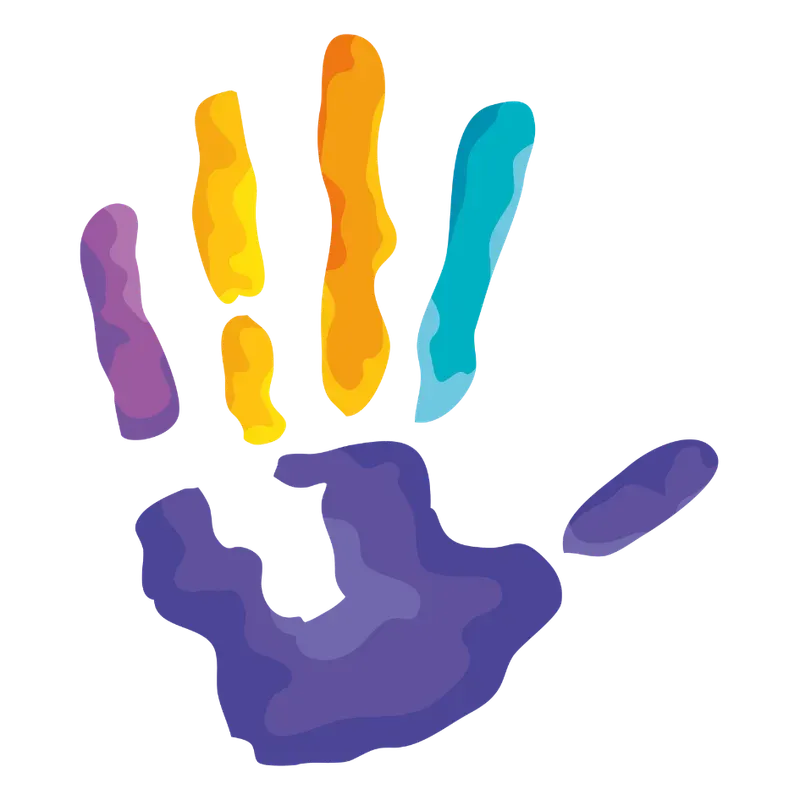
7th Grade
In 7th Grade, a Christian perspective on grammar and composition enhances students' communication skills. They read stories and poems to deepen their understanding of the world, humanity, and God. Exposure to diverse backgrounds fosters empathy and awareness of people's motives, feelings, and actions.
Students will grasp parts of speech, sentence formation, paragraph construction, and composition organization. They'll develop clear, concise communication skills, focusing on spelling rules, expanded vocabulary, and practical words often misspelled.
7th Grade math includes a practical review of arithmetic and introduces geometry, probability, statistics, and algebra. History and geography in grade seven are presented with a conservative Christian perspective, emphasizing the providence of God and highlighting individuals who made positive impacts on history.
Grade 7 science, using Abeka's Order and Design, covers life sciences, plant anatomy, and human physiology and also refutes evolutionary hypotheses. It emphasizes a common Designer for man and animals, underscores the Creator's hand in cell complexity, and explores God's providential design in ecological relationships.
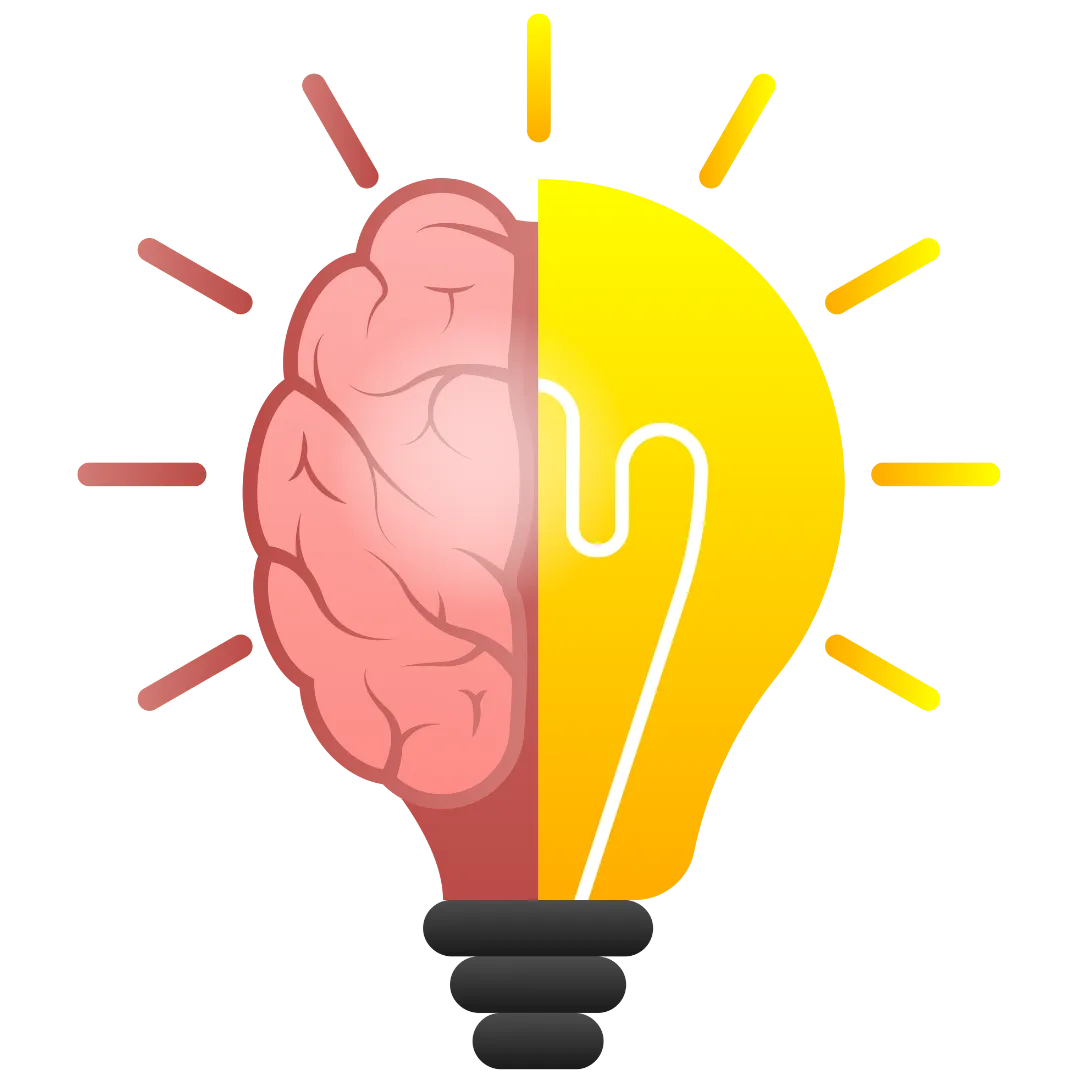
Grade seven intermediate mathematics gives a strong review of all arithmetic concepts with practical application to daily life. With solid skills in arithmetic, students have the confidence to advance to other branches of mathematics.
8th Grade
Grade 8 prepares students for high school by focusing on grammar and writing skills. Through literary selections, they gain exposure to diverse perspectives and learn to appreciate wholesome literature. The curriculum emphasizes Christian character traits, including compassion, courage, and sacrifice, with readings from classics like A Tale of Two Cities, The Jungle Book, Ben Hur, The Hiding Place, and The Legend of Sleepy Hollow. Students develop creative and correct expression, comprehension, interpretation, and writing skills, building on earlier grammar studies and introducing new rules and techniques for writing expansion.
In 8th Grade, students delve into Pre-Algebra, exploring geometry, algebra, probability, statistics, radicals, trigonometry, and systems of equations. They study American history with a conservative, biblical perspective, tracing God's role in history and covering Western Hemisphere geography and government functions.
The science curriculum covers earth and space, beginning with soil science and geology, emphasizing biblical support for a worldwide Flood. It includes oceanography, weather processes, astronomy, and environmental issues, fostering stewardship of God's natural resources.

© 2025 Stonecreek Church - All rights reserved
